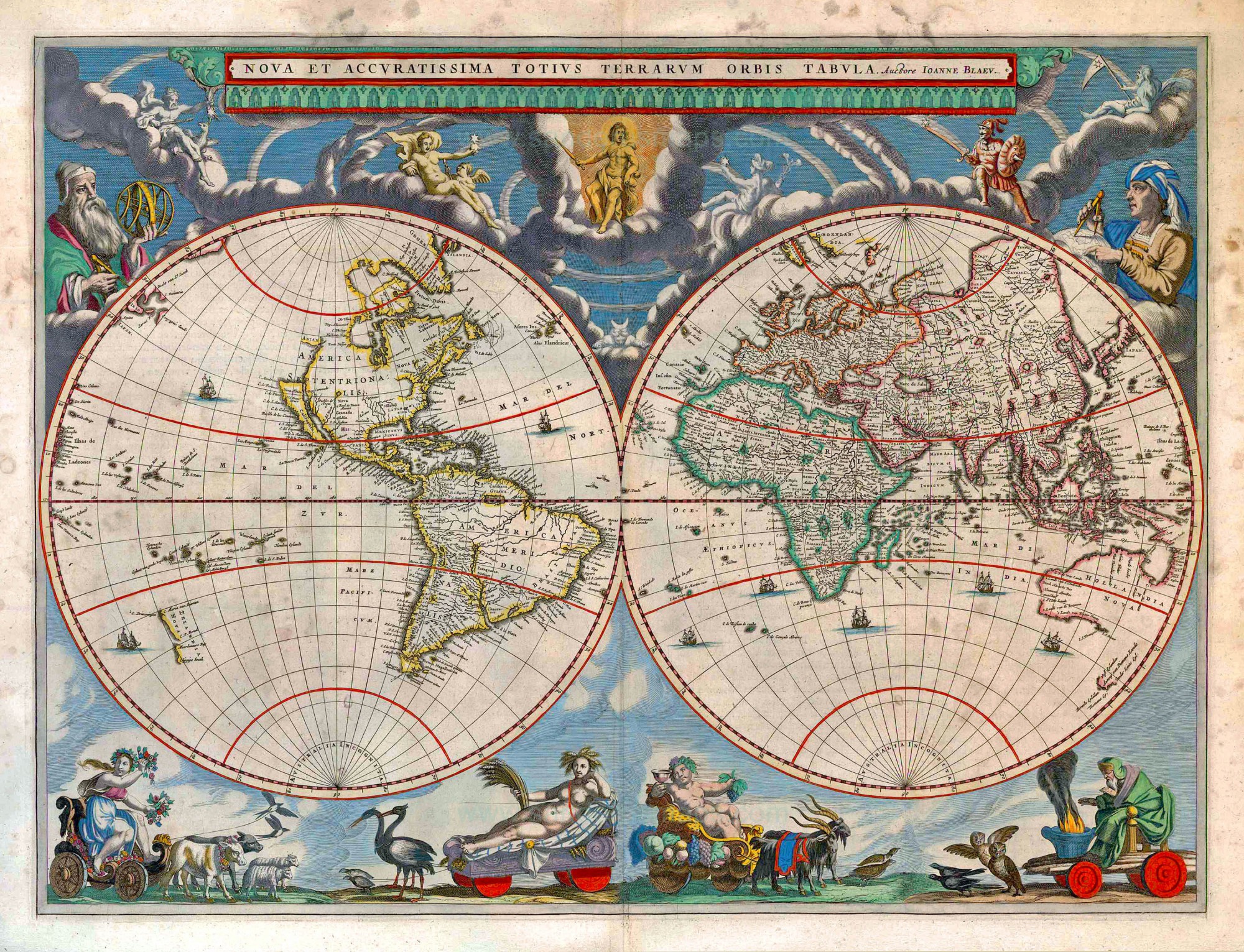
What sorts of problems of 'translation' can arise when legal scholars trained in one system try to understand law in some foreign system? Do terms like 'law' or 'legal system' have the same meaning - or even roughly comparable meanings - in different national and transnational settings? Why are courts in some legal systems more powerful or more trusted than courts in other systems (and what does 'trusting' in courts or in law more generally even mean)? How did lawyers come to be such powerful actors in organizations like the European Union or in international arbitration? Why do some countries send so many more people to prison than others? These are the types of questions we will look at in this course.
